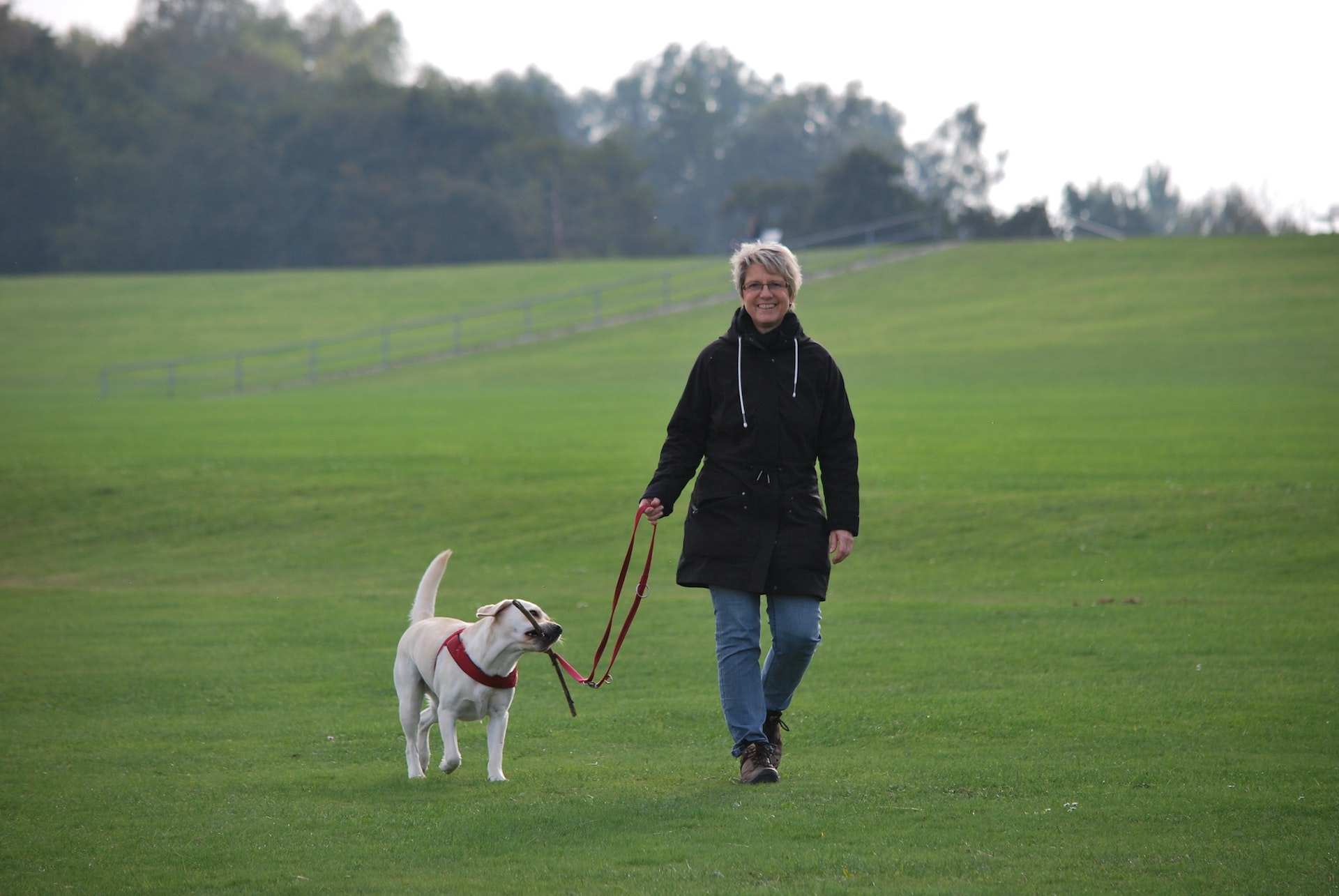If you think that creativity is solely the domain of advertising and design teams, think again. Whenever you need ideas that are new and different on any topic, then you need some creative thinking. Unfortunately, creativity is not a tap you can turn on and off at will. But it is possible to put yourself in situations where creative thinking comes easier.
In the shower. While driving the car. At the gym. Walking the dog. These are typical responses when I ask people where they are/what they are doing when they get their best ideas. But why would this diverse mix of places be our most creative times? Is it based on personality types, or something else?
Undemanding activities are valuable
In 2012, the University of California asked research participants to perform a creative task to come up with unusual uses for everyday items. Once completed, the participants repeated the test again and the performance change between the two tests was measured. However, the participants were split into four groups:
Group 1: had no gap between the two tests.
Group 2: told to sit and relax for 12 minutes between the tests.
Group 3: given a demanding task – they had to look at changing numbers on a screen for 12 minutes and to say whether the previous number had been odd or even.
Group 4: given an undemanding task – they had to look at changing numbers on a screen for 12 minutes and say whether the current number was odd or even.
The first two groups performed worse in the second test, while Group 3 did marginally better in the second test. However, Group 4 (the group given the undemanding task) performed over 40% better in the second test.
The kinds of tasks where people say they get their best ideas can be considered as similarly undemanding activities. So, to do your best thinking, you may need to have some kind of undemanding activity going on in the background, such as walking the dog.
Repetition and routine
Another aspect of activities where creative thinking is best performed is that they are often part of your daily routine or are repetitive in nature. You’re doing the same thing, in the same place, and often in the same order, too. This is beneficial, as it tends to occupy part of your mind rather than distract it.
For example, imagine taking your dog for a walk in a new city, as opposed to a walk on your usual route. In the new environment, observing all the different things around will distract you—which isn’t conducive to good thinking. However, when you’re in a familiar environment, the things you see act to occupy your mind, but not distract it.
In the University of California research, one might consider the Group 2 participants should have been quite successful. However, when your mind has nothing at all to occupy it, it becomes distracted from within by your own thoughts. Have you ever tried thinking hard about a topic when you’re sitting down, only to find your mind keeps wandering? When there is no undemanding task occupying part of your mind, your spare mental capacity occupies itself by constantly wandering off topic.
Killer Questions
You may not recognise this, but your ideas are actually answers to questions that you’ve posed to yourself, or that someone else has asked of you. Either way, they are important questions that you haven’t been able to answer immediately which have been percolating in your subconscious.
These important questions form the purpose for your thinking—they are your Killer Questions. Questions that, when answered well, will make a significant beneficial difference to your issue. These questions require bold and powerful answers, which require you to be at your most-creative in your thinking. The nature of the question helps define the scale of the answer required. And any Killer Question you pose will, by default, form a grand purpose for your thinking.
Killer Questions aren’t like quiz questions where there’s a single right answer – they have many potential answers. And you can keep thinking until you find the optimal answer, so you address the question to the best of your abilities.
But a good Killer Question is one that excites and interests you such that you feel you want to put effort into answering it. It’s also one where you don’t know what the answer is straightaway, but you feel that there must be an answer within your grasp if you apply enough brain power to it. And you put this brain power onto it during your best thinking times – when you are performing your undemanding tasks.
To help you be effective in your thinking, write your Killer Question on a piece of paper. Writing it down ensures that you’ve got your question fixed, so your mind doesn’t flex it to suit your thinking.
Your thinking must always adapt to suit your question – not the other way around. This helps keep your mind focused on the topic at hand. You can take several Killer Questions with you that cover different topics, so you spend time thinking about each of your topics in turn. But only focus on one specific question at a time, as this helps your mind address that question with excellent answers.
You won’t be able to remember all your ideas while you’re out, so I recommend buying a simple digital voice recorder to capture all your thinking. They are cheap and readily available. An alternative is to use a smartphone voice recording app. However, a phone can be very distracting to your thinking – so keep that in mind.
Benefits
Besides the benefits of getting ideas that address your Killer Question, performing an undemanding activity gets you away from your desk. You are exercising, out in nature and in fresh air. If you’re a hybrid worker, sometimes you get trapped at your home office and this is a chance to break-away from your desk, and still be doing work.
And this thinking time may become the most valuable part of your working day. Especially as it’s doing something you would have been doing anyway, such as getting exercise or walking your dog.
For employers, allowing better quality thinking time for employees delivers better ideas. Which, in turn, delivers better results and outcomes.









